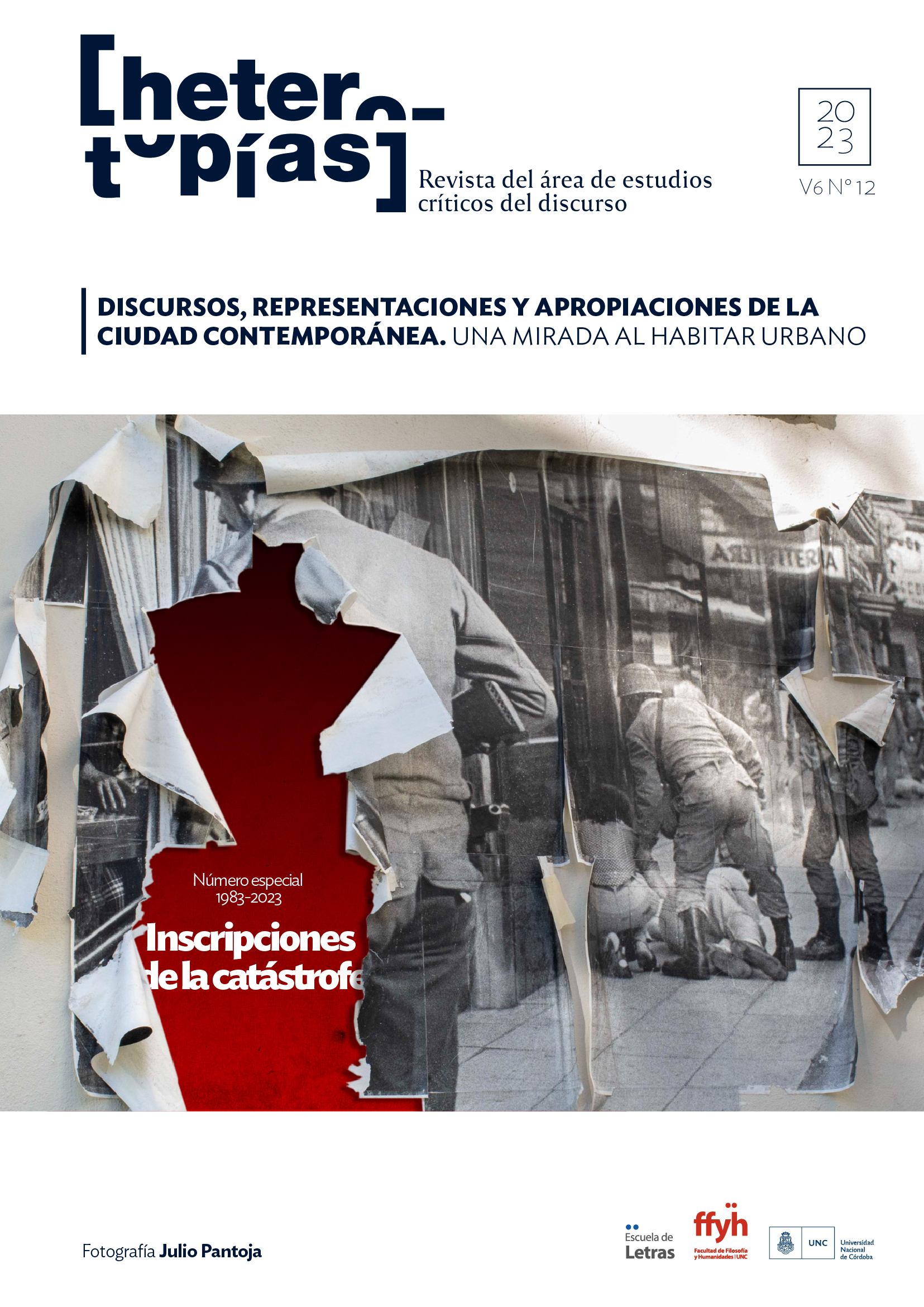Democracy in fragments
Main Article Content
Abstract
Is it possible to write about our democracy on the basis of a narrative that manages to knot together expectations, promises and disappointments? Is it convenient to write a more objective description, with the debits and credits corresponding to a balance of an epoch? What to do with the fragments of a living history? Perhaps, what is fragmented is not history -always reconstructible from one or another selectively organized knowledge, skilled in describing processes-, but our own language, the very possibility of narrating a collective time and space from words that have preserved the ability to support, like the spine, a body battered on all sides. Perhaps this absent unity does not exist, perhaps we should abandon the idea that these fragments are pieces of a puzzle whose edges must be able to assemble one with the other, in the patient task of bringing out the total image that gives them meaning. In any case, we are ready to think about some of these fragments of irregular edges, in some cases worn out from trying so hard to assemble them, sometimes by force. But stubbornness is also a sign of persistence, not very different from that which, in these times of crisis, leads us to write, to say something, no matter how much we doubt the forms and contents. Moving forward in this way will allow us not to fall into the temptation of chronology, also arranged in the figure of the anniversary to which the forty years of Argentine democracy summons us, to be able to play with other temporalities (because every word has them), which will allow us to face with some resource the fragile relationship between memory and the future
Downloads
Article Details

This work is licensed under a Creative Commons Attribution-NonCommercial-ShareAlike 4.0 International License.
Those authors who have publications with this journal, accept the following terms: Those authors who have publications with this journal, accept the following terms:
a. The authors will keep their copyright and guarantee to the journal the right of first publication of their work, which will be simultaneously subject to the Creative Commons Attribution - Non-Commercial - Share Alike (by-nc-sa) Attribution License; no commercial use of the original work or any derivative works is allowed, the distribution of which must be done with a license equal to the one that regulates the original work.
b. Authors may adopt other non-exclusive license agreements for the distribution of the published version of the work (e.g., deposit it in an institutional telematic archive or publish it in a monographic volume) provided that the initial publication in this journal is indicated.
c. Authors are allowed and recommended to disseminate their work through the Internet (e.g. in institutional telematic archives or on their website) before and during the submission process, which may lead to interesting exchanges and increase the number of citations of the published work. (See The effect of open access).
